Personalization vs. Privacy: Finding the Balance in Online Retail
In today’s digital marketplace, personalization has become a powerful tool for online retailers. Customers expect tailored recommendations, targeted promotions, and seamless shopping experiences. At the same time, rising concerns about data privacy and misuse of personal information mean businesses must tread carefully. The challenge lies in striking the right balance between offering value and respecting consumer trust.
1. Why Personalization Matters
Personalization drives engagement and sales. From product recommendations to personalized email campaigns, it helps retailers:
- Increase customer satisfaction.
- Boost conversion rates.
- Build stronger brand loyalty.
When done right, personalization transforms shopping into a curated experience that feels relevant and efficient.
2. The Privacy Concerns
The flip side is that personalization requires data—lots of it. Shoppers are increasingly wary of:
- How much data companies collect.
- Whether their information is secure.
- How their data is being used or shared.
High-profile data breaches and growing regulations like GDPR and CCPA have made privacy a top concern for consumers.
3. Best Practices for Balance
Online retailers can achieve both personalization and privacy by:
- Being transparent about data collection and usage.
- Giving customers control with opt-in preferences and easy-to-manage settings.
- Collecting only necessary data, avoiding overreach.
- Investing in security to protect customer information.
4. The Role of Technology
Modern tools like AI-driven analytics, anonymization, and secure cloud storage allow businesses to deliver personalization while minimizing risk. Ethical use of data will increasingly become a differentiator for brands.
Final Thoughts
The future of online retail depends on trust and relevance. By balancing personalization with respect for privacy, retailers can deliver meaningful experiences while ensuring customers feel safe and valued. Striking this balance isn’t just smart business—it’s essential for long-term success.
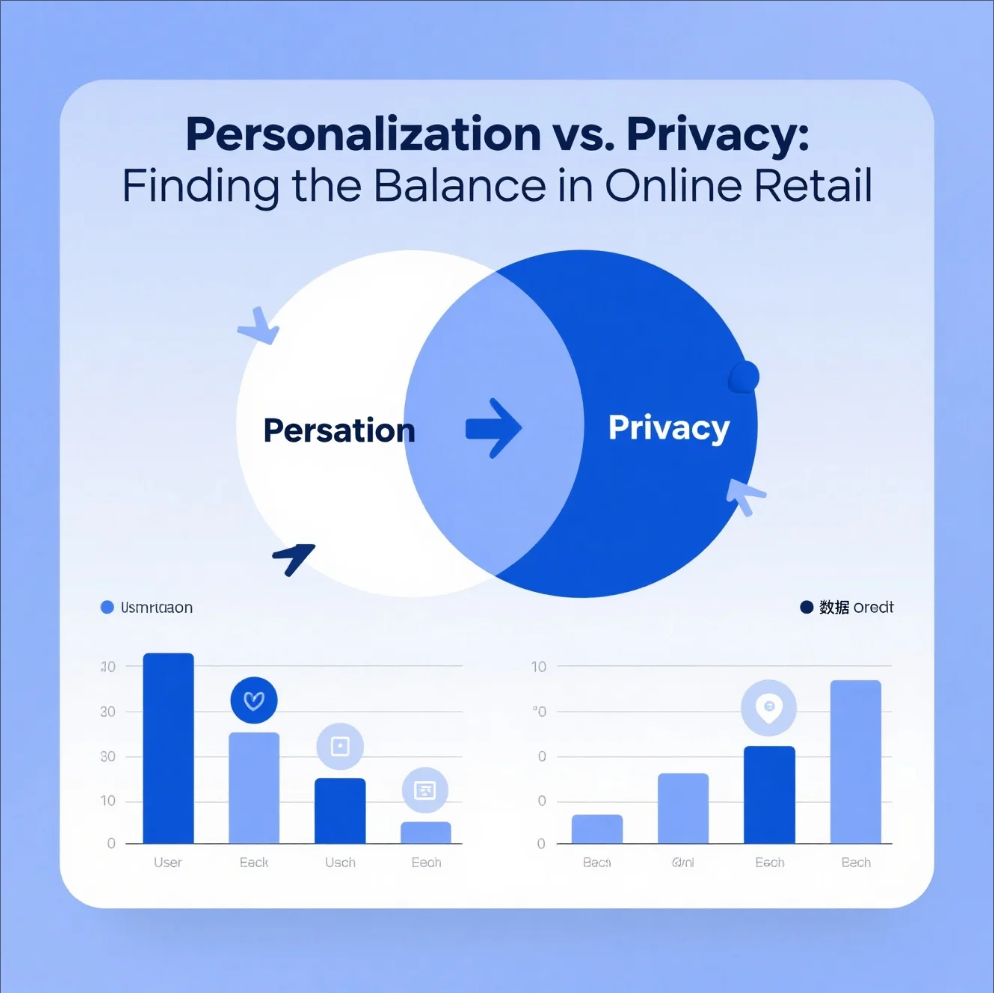



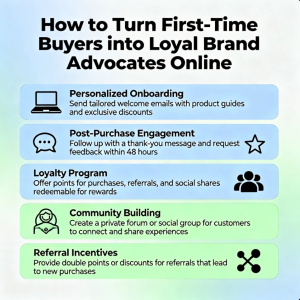

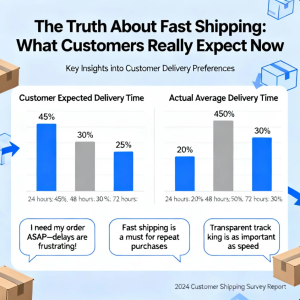
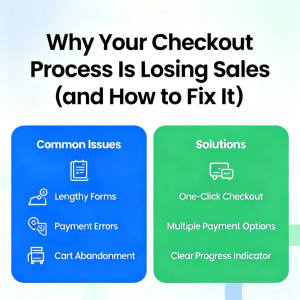
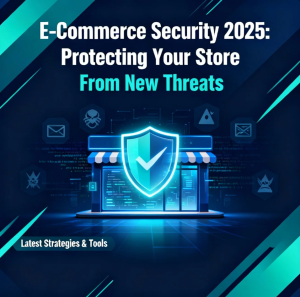



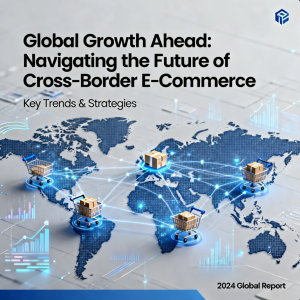
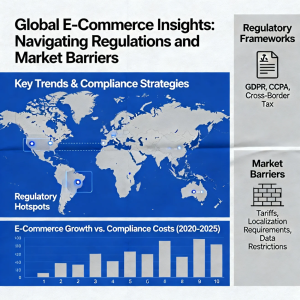
Post Comment